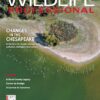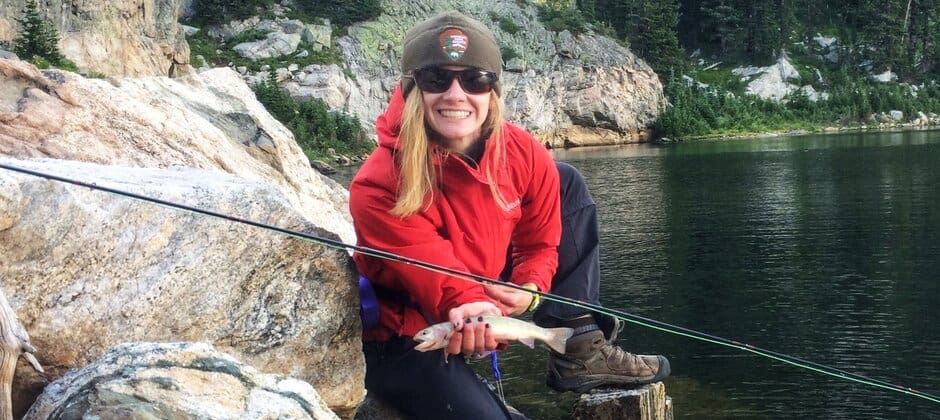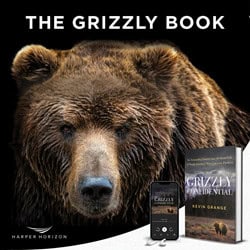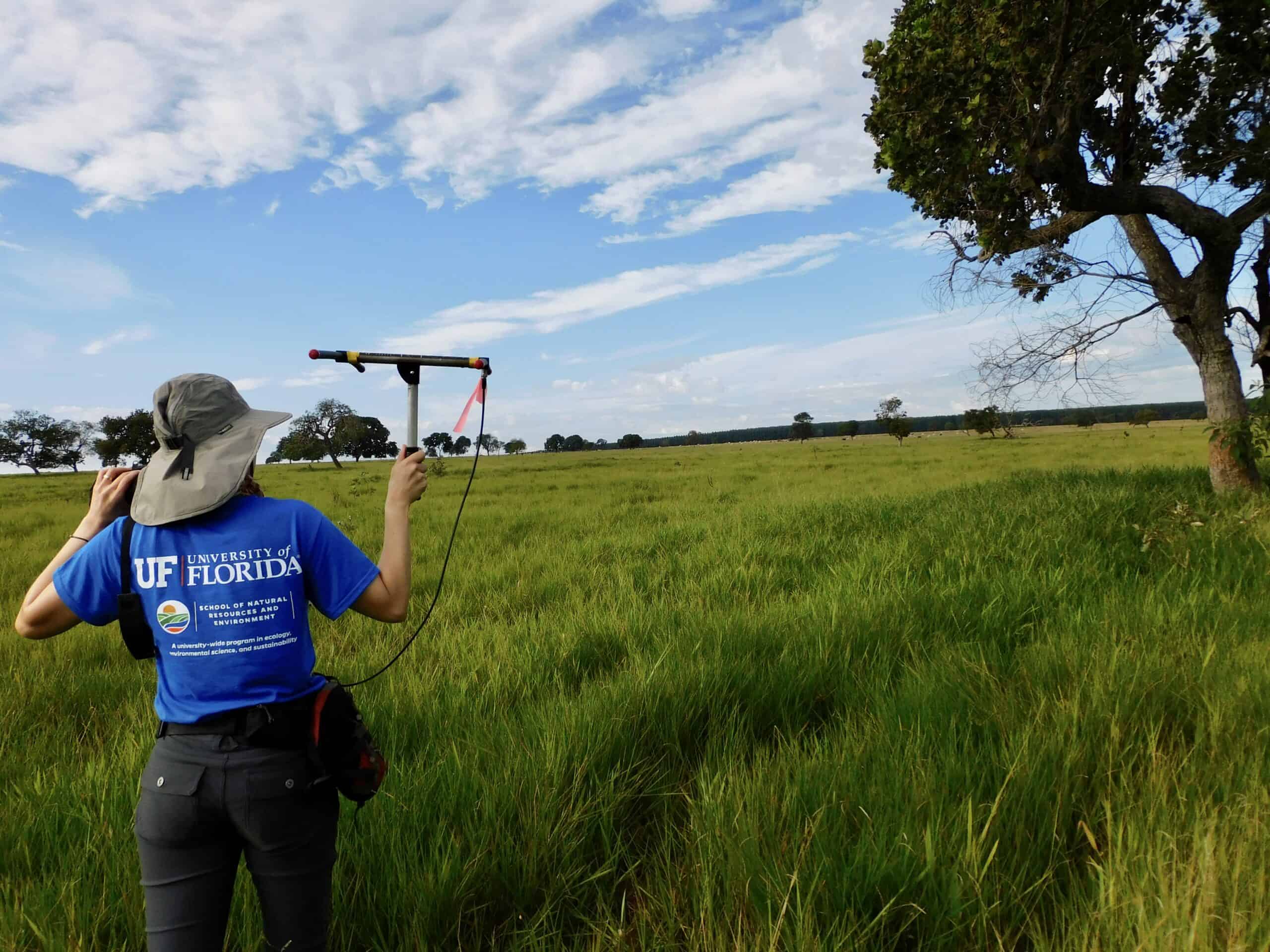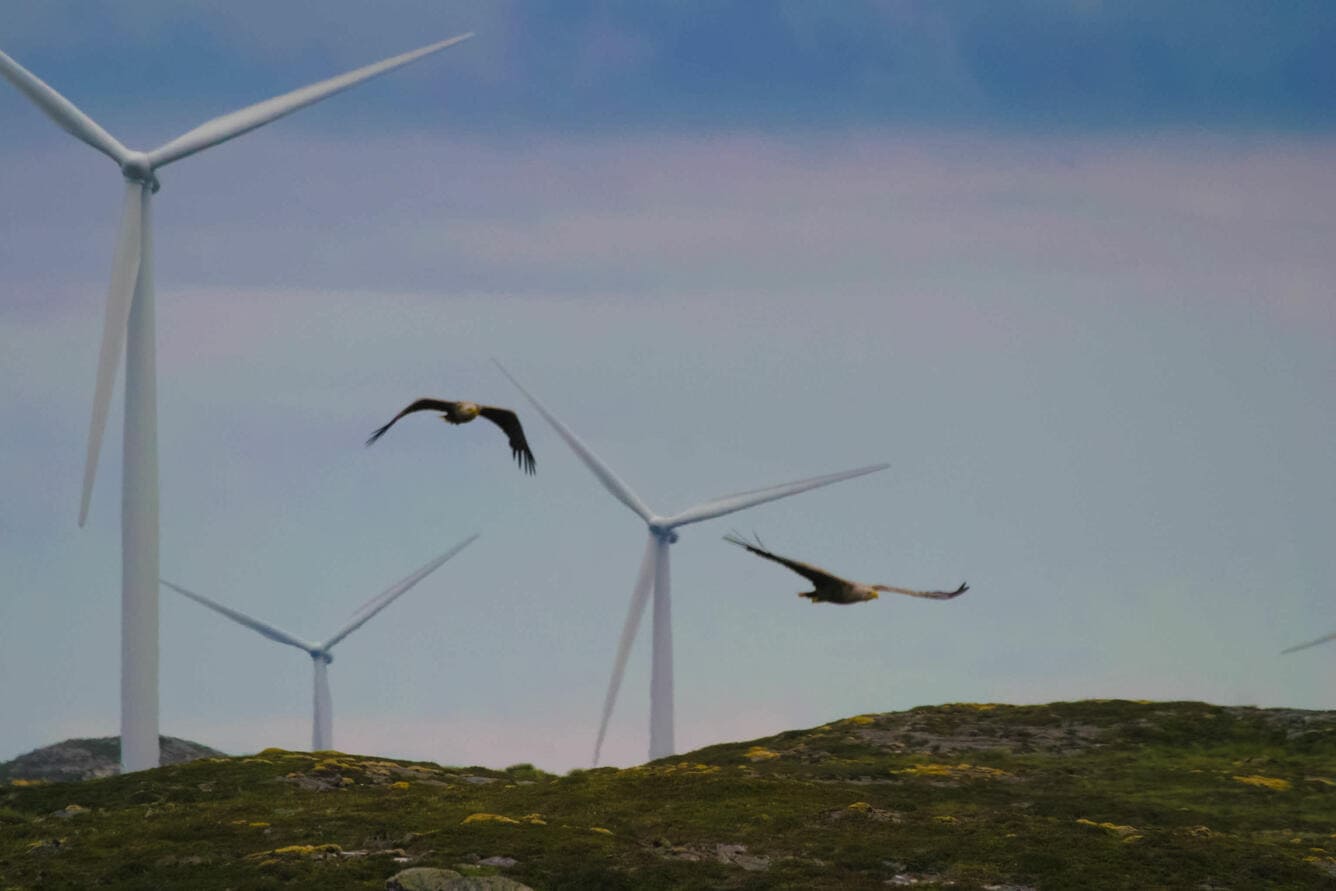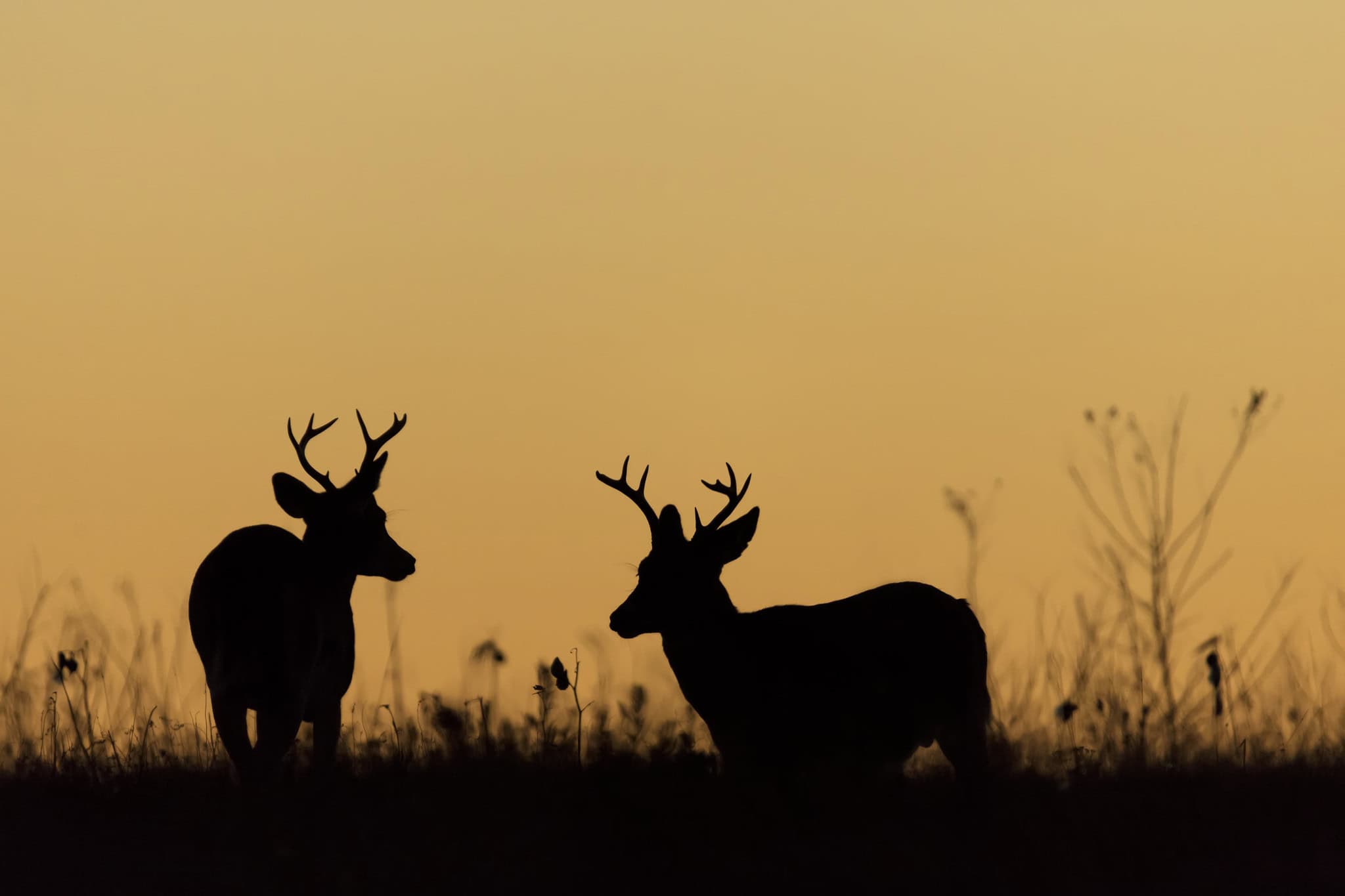Share this article
Wildlife Vocalizations: Meredith Dennis
Wildlife Vocalizations is a collection of short personal perspectives from people in the field of wildlife sciences.
My path to wildlife biology has been a meandering one; but it all began with a single YouTube video.
It was the second semester of my junior year at the University of Michigan, and I felt lost. I was registered as a biopsychology major and I enjoyed my classes, but the career prospects left me feeling cornered.
I had, on a whim, taken an ecology class at the university’s field station in northern Michigan as an incoming sophomore and loved it. I was obsessed with animals as a kid. I donated allowances to the World Wildlife Fund, spent summers working in an animal clinic, and went long stretches where “veterinarian” was my professed vocation of choice. But in high school, I developed other interests and veered away from wildlife science because I was afraid of the math and chemistry courses it would require (face palm!).
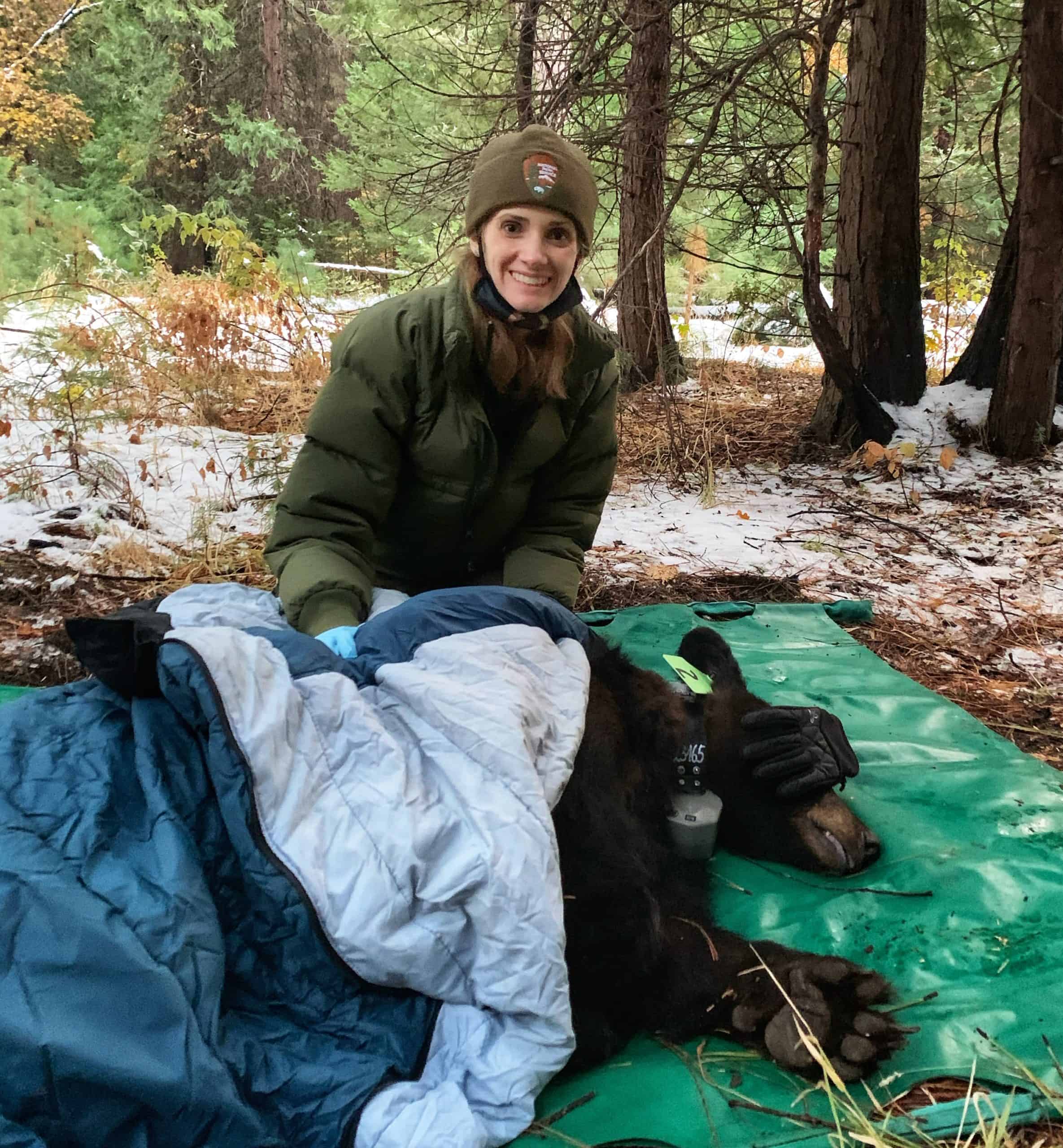
Dennis assists with re-tagging a resident black bear (Ursus americanus) in Yosemite National Park. Credit: NPS Photo
So, there I was, Christmas break looming, final exams at hand, and I just didn’t feel good about my path.
I sat at the desk in my dorm room, procrastinating, and found a video—probably click bait—of an orca (Orcinus orca) swimming with a great white shark (Carcharodon carcharias) overturned in its mouth. The water in the video is murky but you can clearly see the black-and-white orca with the white belly of the shark shining up through the water. According to the video, nothing like that had been witnessed before, and I was captivated.
“Man, I thought. That’s the kind of thing I want to study.”
I am in no way prone to rash decisions, but three days later I had dropped all my psychology classes for the next semester and re-registered as the only wildlife-adjacent major I could still complete on time—environmental science.
It was one of the best choices I’ve ever made.

Headshot of Dennis. Credit: Mike Hastings
Eager for any experience in natural science I could glean before graduation, I approached the nicest professor in my new major to ask if I could work in her lab. She was a paleobotanist, but I didn’t care—I just wanted experience. Two semesters later, she offered me a position in a funded master’s program, which I accepted.
I loved paleoecology, but I still had a strong desire to jump into more modern wildlife work. So I joined the National Park Service after completing my master’s, where I’ve been working as a wildlife technician since. Through my work in the parks I have mist-netted bats, surveyed falcons, captured endangered toads, counted elk, collared moose and am now part of the Yosemite Bear Team. Through the National Park Service, I was awarded a grant to complete my wildlife education, which I did through Oregon State University, and am now proud to say I have a degree in wildlife biology.
I have had an untraditional path to wildlife work. But I’m so glad I found that video all those years ago, and I feel so energized by all the exciting—albeit hard—work we have to do in The Wildlife Society community.
Learn more about Wildlife Vocalizations, and read other contributions.
Submit your story for Wildlife Vocalizations or nominate your peers and colleagues to encourage them to share their story.
For questions, please contact Jamila Blake.
Header Image:
Dennis holds a trout (Oncohrynchus spp.) in Rocky Mountain National Park as part of a native fish survey.
Credit: NPS Photo

